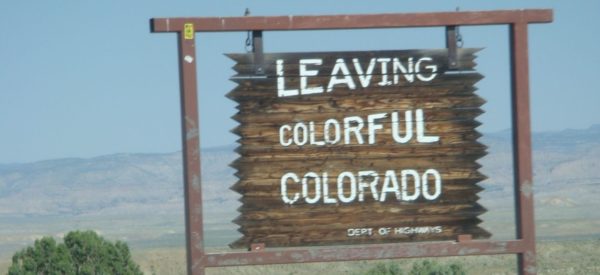GRAND JUNCTION, Colo. — Why would business leaders in this far western Colorado city of 60,000, nearly 1,200 miles from the Pacific Ocean, travel to Calgary, Alberta, to push for a port facility in Oregon to improve shipping to Japan? Three words: Liquefied natural gas.
With prices stuck at 1990s levels and storage overflowing with cheap and domestically abundant natural gas (thanks to fracking and directional-drilling technology), energy companies and the communities that rely on them are increasingly eying overseas markets, where prices are higher and demand for American gas is growing.
Several years ago, prompted by a Colorado Mesa University and Grand Junction Economic Partnership study, a group of 18 community and business leaders from Grand Junction traveled to Calgary to meet with the Canadian company Veresen and offer full support for its proposed Jordan Cove LNG project in Coos Bay, Oregon.
Part of that proposal, which has approval from the U.S. Department of Energy, is the 232-mile Pacific Connector Pipeline, which would link Coos Bay to the existing 680-mile Ruby Pipeline that runs from southern Oregon to western Wyoming.



You must be logged in to post a comment Login